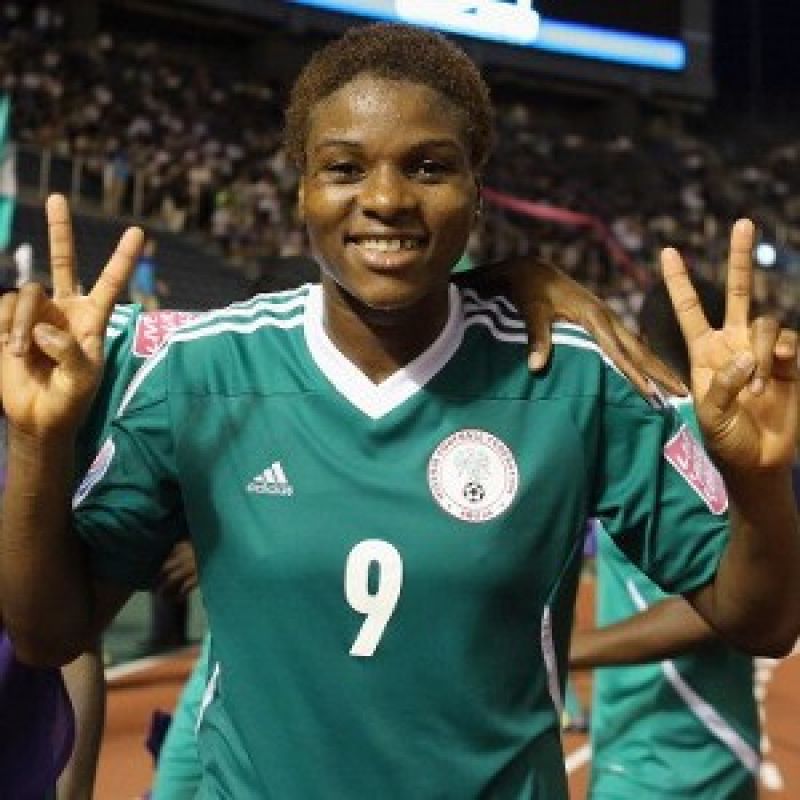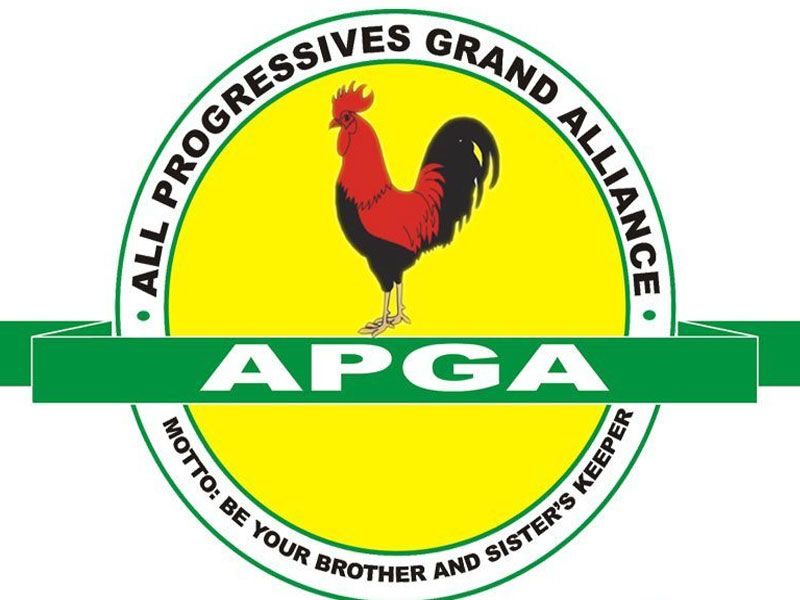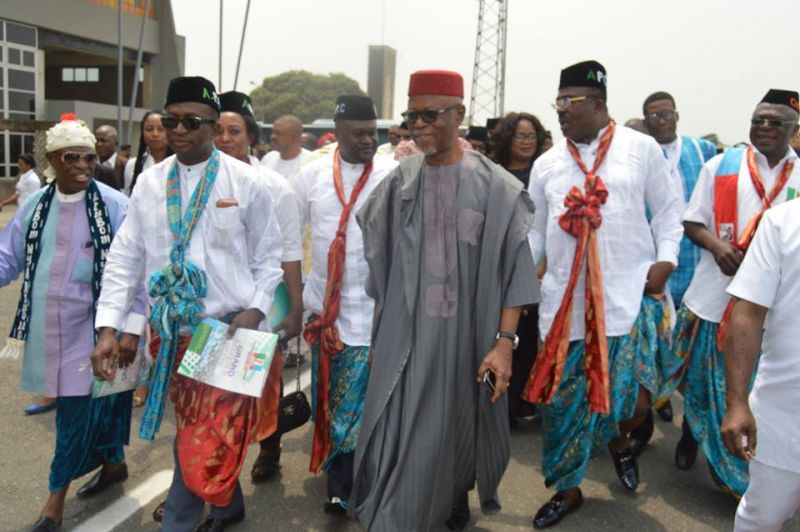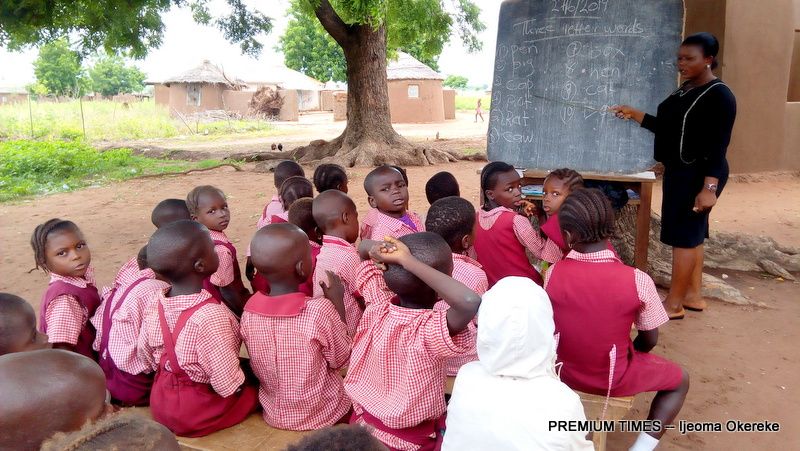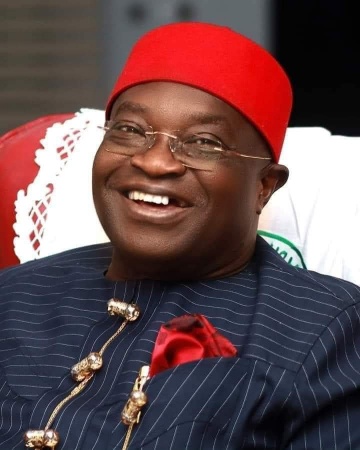APC Presidential Primaries: All eyes on Lagos today
Posted by admin | 9 years ago | 2,960 times
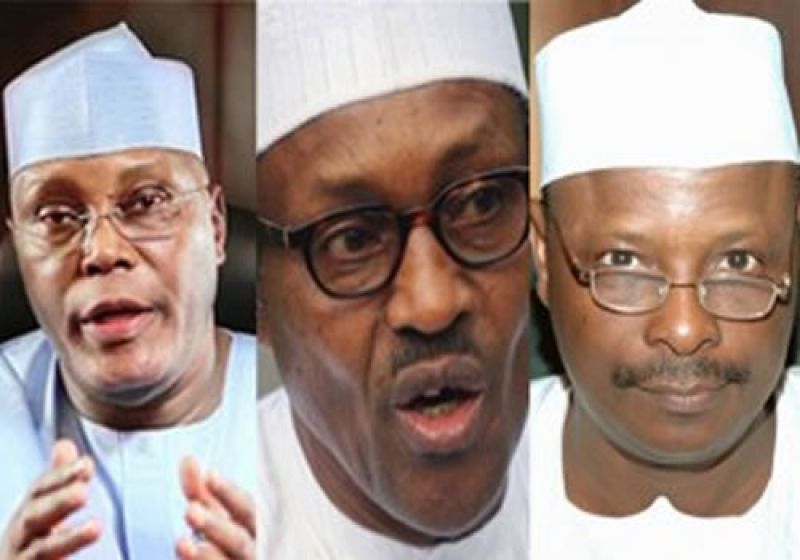
Today, All Progressives Congress (APC) will put the final seal on its drive to govern Nigeria after next year’s elections. It will choose its Presidential candidate at the Teslim Balogun Stadium in Surulere, Lagos State.
Five aspirants are there, but three are prominent to most Nigerians. The aspirants are Muhammadu Buhari, a retired Major General and former military Head of State; Atiku Abubakar, former Vice President of Nigeria; Rabiu Musa Kwankwanso, outgoing Governor of Kano State; Rochas Anayo Okorocha, incumbent Governor of Imo State; and Sam Nda-Isaiah, Publisher of Leadership Newspaper.
All eyes will however be on two people, Buhari and Atiku, but such younger elements like Rabiu Kwankwaso and Sam Nda-Isaiah, might actually be the party’s joker for the ruling Peoples Democratic Party (PDP). Many people think Okorocha is there just to put up appearances and see if he would be considered for the Vice-Presidential slot.
What is Buhari Offering?
Muhammadu Buhari is emphatically promising Nigerians that he would end terrorism and insurgency in the country, as well as work for the stabilization of oil price in the world. He promised that the issue of soldiers being poorly equipped to confront insurgents would be a thing of the past under him as President. He also promised that the huge security budgets of the country would begin to reflect on the lives and works of the country’s security operatives in the field. According to Buhari, thete will be, “Adequate security of lives and property, zero tolerance to corruption, poverty eradication, job creation and the restoration of discipline in the public service”
However, notwithstanding his passion to govern the country, he believes that anyone standing for his party would be better than anything the PDP can offer and so desire that all in his party would work cohesively. His words: “We must not fight over political offices within the party. We must not allow our aspirations as individuals to jeopardise our collective resolve to salvage the country. We have the number and we are in the position to make or break the future of the generation yet unborn in this country.”
Who is Buhari?
Buhari is coming into today’s primary with lots of experience. He has ran for the office three times, since 2003 and with a loaded resume of service to Nigeria.
In politics, he has come a long way in his quest to govern Nigeria a second time as a civilian and as President. He has ran for the office on the platform of All Nigeria Peoples Party (ANPP), then ran under the platform of Conference for Progressive Change, before they all transformed into the current All Progressives Congress (APC) together with Action Congress of Nigeria (ACN) and a fragment of All Progressives Grand Alliance (APGA).
But before this time, he has been a Minister of Petroleum (which was then designated as Federal Commissioner), military Governor and military Head of State. As military Head of State, Buhari was admired (and still is admired) by many for what they see as his uprightness and stand against corruption.
His government was revered for its ability to keep the country afloat by making progress through sheer economic ingenuity even when it rejected IMF loan and refused to adopt IMF conditionality to devalue the country’s currency, the Naira. His government was praised for its gain in reducing inflation by refusing to devalue the Naira, curbing imports of needless goods, curtailing oil theft and using counter trade policy to barter seized illegally bunkered crude oil for needful goods like machineries, which enabled government to export above its OPEC quota.
But his government earned public opprobrium for killing some three Nigerians found guilty of drug offences with a retroactive law; for moving to silence critics of his administration by passing decrees and curbing press freedoms, which led to the detention of Tunde Tomson and Nduka Irabor of Guardian Newspapers; and for allowing for opponents to be detained up to three months without formal charges. He banned strikes and lockouts by workers, and founded Nigeria's first secret police force, the National Security Organization (NSO).
Buhari was born December 17, 1942, as a native of Daura in Katsina State. A Fulani, he joined Nigerian Army in 1962 and rose to the rank of Major General. He became head of state and ruled Nigeria from December 31, 1983 to August 27, 1985, before he was overthrown by Ibrahim Babangida. He later became Chairman of Petroleum Trust Fund (PTI) under military Head of State General Sani Abacha
In May 2014 this year, and following wide criticisms that he has remained taciturn on the issue of Boko Haram insurgency, he strongly denounced the sect by urging "Nigerians to put aside politics and all other divisions to crush the insurgency” which he said was fanned by "mindless bigots masquerading as Muslims." That earned him an attack from the sect in which scores of people lost their lives, but he survived.
Will he earn the chance to get back at this sect as President? Well, his party will show the way today by electing him as their candidate or kill the aspiration.
What is Atiku Offering?
Atiku Abubakar did not mince words in introducing what he would bring into governance if made the President of Nigeria: “What we are bringing on board are proposals that are unprecedented in the way government business of governance is conducted in this country.”
He promised his government, if elected, would use the instrumentality of tax rebates to encourage the private sector with the aim of stimulating job-creation in the country. He explained that his strategy was planned within the context of his party’s manifesto. Atiku explained further that his government, a modern government, would be to run it like a business enterprise.
His words: “A lot of time people have asked me if my strategy of using tax rebate as a tool for private sector job creation will not reduce the income coming to government. My answer is that those people who will be employed in the jobs that are created will be taxable as well and thus government is even going to make more money. The way to run a modern government is to run it as a business. If you do not know how to run businesses, you certainly don’t have any business running government,” he said.
Who is Atiku Abubakar?
He has come a long way in life and in politics. His name is Atiku Abubakar, but he's popularly and simply known as Atiku. His parents wanted him to be an Islamic scholar or herdsman, but he changed direction and turned to become a Customs Officer and eventually a Vice President of Nigeria.
He was born on November 25, 1946 in Jada, Adamawa State, Nigeria, and was named after his paternal grandfather, Atiku Abdulkadir. He was born in Kojoli, a small village in Jada Local Government Council of Adamawa State. His family was a part-farming and part-livestock raising one.
His father was a religious man who was suspicious of western education, believing that it could corrupt the impressionable minds of the youth. He therefore resisted his young son going to school and tried to hide him from the Native Authority officials who had embarked on compulsory mass literacy campaign in the region.
Atiku had his primary education at Jada in the 1960s, and then attended Adamawa Provincial Secondary School in Yola. After a Diploma in Law programme in June 1969, he was recruited by Federal Civil Service Commission in its recruitment drive for university students. Eventually he was chosen to join the Customs and Excise.
Trained at Police College in Ikeja, Lagos, and afterwards the Customs Training School at Ebute Metta in Lagos also, he was posted to Idi Iroko border station. By 1972, he was posted to Ikeja Airport in Lagos and later to Apapa ports.
He enjoyed posting from Lagos to Ibadan, to Kano, and back. At the time of Buhari’s coup of December 31, 1983, he was in charge of the airport when 53 suitcases passed unchecked. That was June 10, 1984, while there was an embargo on bringing in money into the country. He has denied knowing anything about it.
He retired from custom at 43 as a Deputy Director of Customs on April 30, 1989 and joined politics. Through the years one thing led to the other until he rose to become Vice President of Nigeria in 1999 under Olusegun Obasanjo as President. He served eight years as Vice President.
Will Nigerians want Atiku to upgrade to the position of President? APC will show the way today.
Readers Comments
comment(s)
No comments yet. Be the first to post comment.
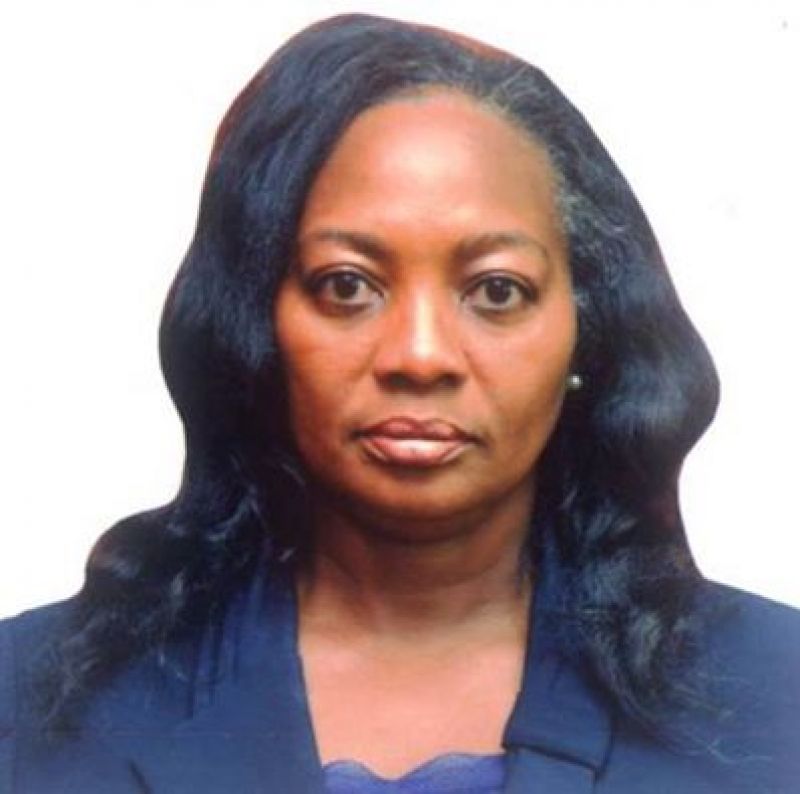
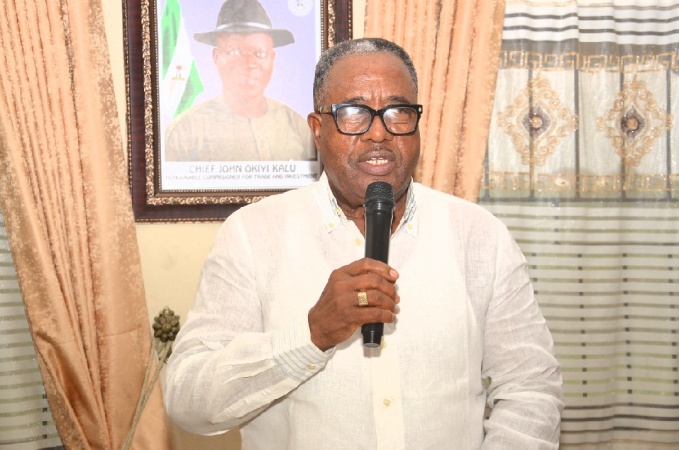

_2.jpg)
